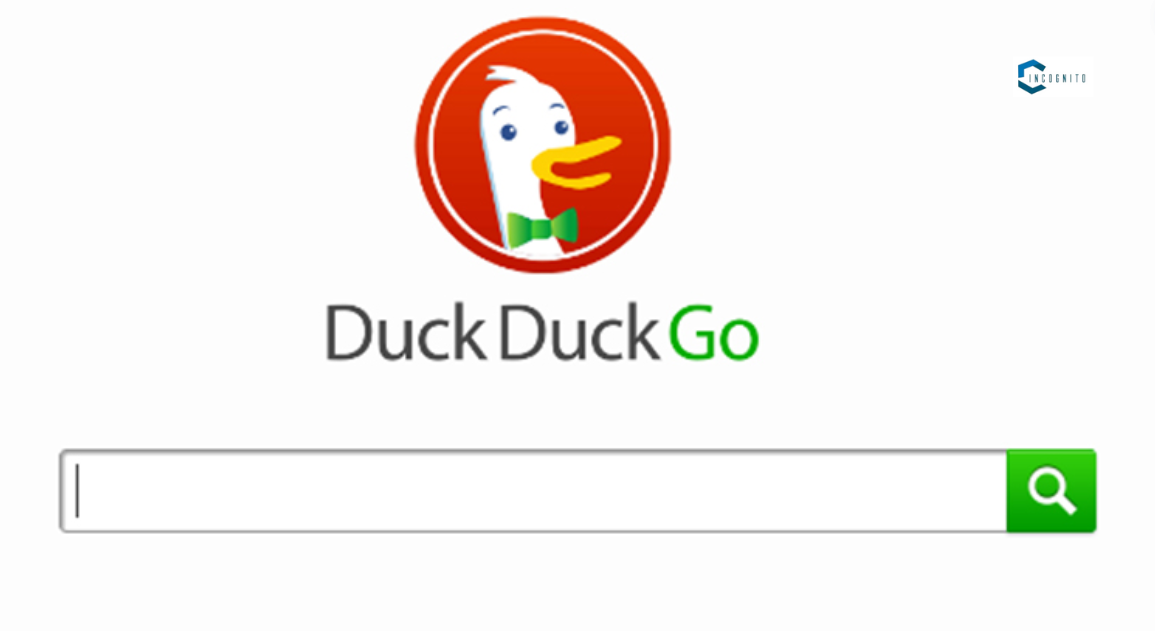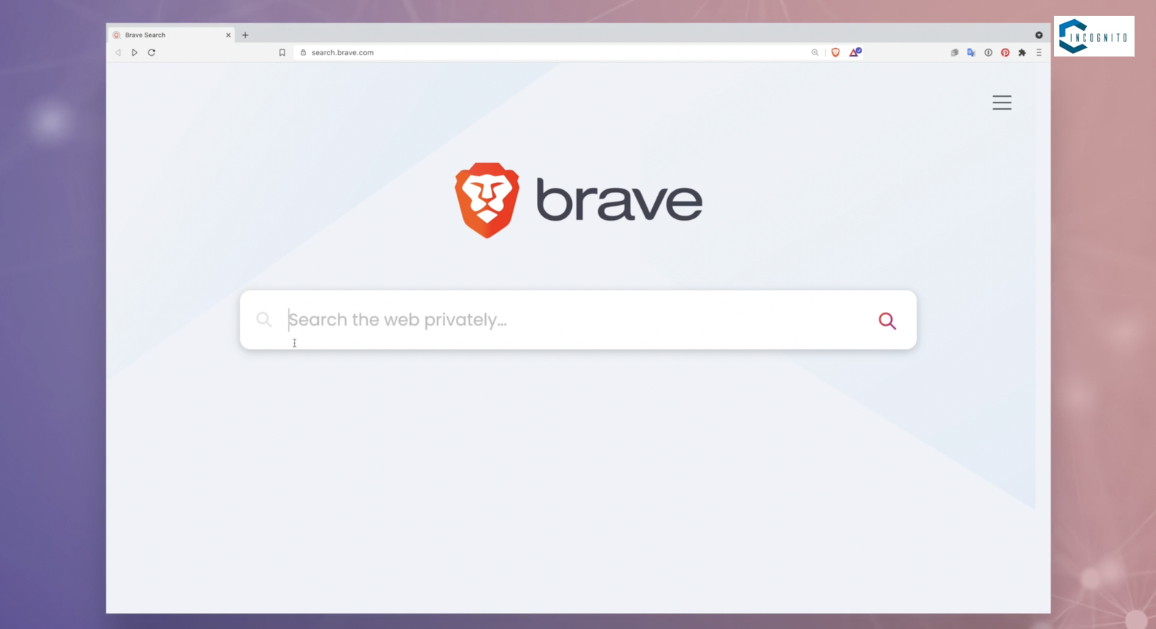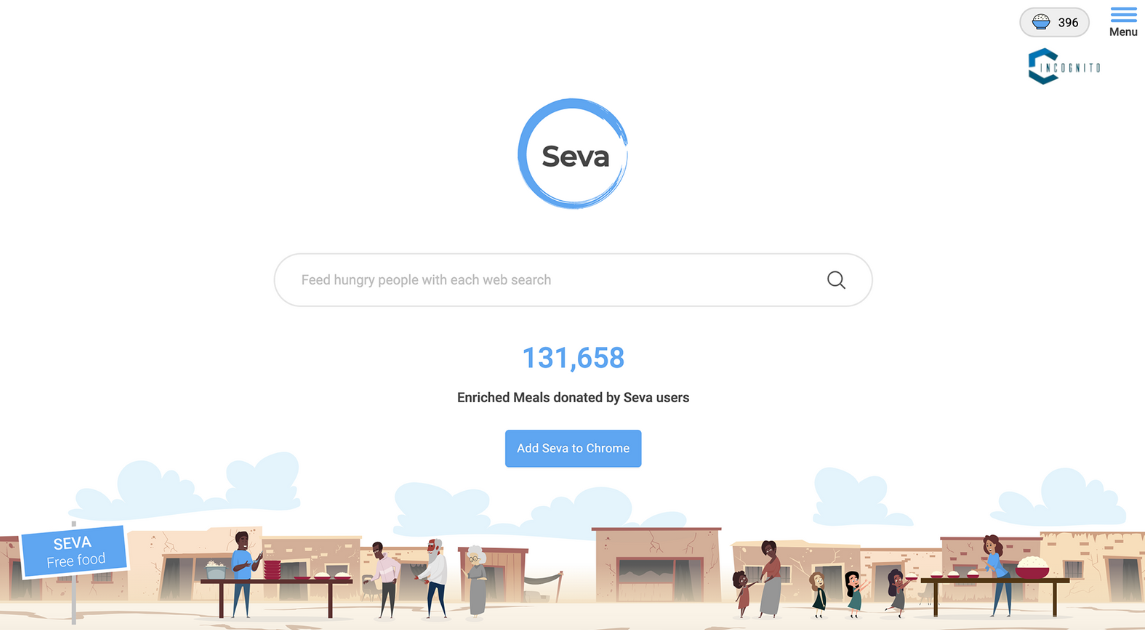
Search engines other than Google!!! You might be thinking that this Content Writer has gone crazy! But trust me, I’m not!
There are several alternatives to Google’s Search Engine that are as useful and result-oriented as Google.
In this article, I am going to tell you about 9 search engines that you can use instead of Google.
Keep reading, keep learning!

Microsoft Bing
1. Microsoft Bing: Best for Rich Results and AI Tools
For richness in information on its result page, and many other instant results more useful, Bing makes for a search experience that is certainly closest to Google. Yes, it, too, is from a giant tech company—though one that’s a far cry from being a search monopoly. According to Statcounter, Bing gets only about 3% of search traffic worldwide and around 6.5% in the US.
You could say that Bing has really jumped past Google in capabilities with the introduction of Copilot (formerly Bing Chat), an astonishing AI search bot powered by OpenAI’s Codex model. Probably the most impressive to me is it remembers what you’ve typed in beforehand for further queries, so you can refine a search without having to type out the whole thing.
Bing comes in as the most feature-rich of these domain, with new AI Copilot search and generation of content. That’s not all; it has also gotten robust news, image, and video searching—including map searching. Bing wears the crown for superior image and video search options. The visual search will let you drag a picture or take a photo for your search. It also offers voice search and can answer your queries out loud if you want.

DuckDuckGo
2. DuckDuckGo: Ideal for Privacy
There’s a reason this is the biggest name in private search. The privacy policy of DuckDuckGo says, “We don’t collect or share any of your personal information.” The search interface is super simple, and my results were generally on target, though lacking in the extensive info panels you’ll see on Bing and Google. It will then look for images, videos, news, maps—beautiful ones, courtesy of Apple—and shopping results. One nice attribute of DuckDuckGo is that it adds more header options depending on the search term, like Definition, Meanings, Nutrition, and Recipes.
My tracker blocker uBlock reported trackers on DuckDuckGo result pages, though they were from DuckDuckGo itself. For the utmost in privacy, DDG offers a Tor .onion version of its search engine. If you like DuckDuckGo, you might be interested in its browser, too. The company has browsers for mobile devices and now also offers desktop browsers for Windows (in public beta) and macOS.

Yahoo!
3. Yahoo!: Rich Result Pages, News, and Financial Information at Its Best
What was once belittled after its heyday, Yahoo Search, seems to have recently found its footing. The Yahoo homepage features a search box up at the top and panels for news, weather, sports, and the like, moreover a button for the company’s storied email service. If you now go to search.yahoo.com, you will now see a simpler page featuring trending searches and buttons for Yahoo’s other services, such as the highly regarded Yahoo Finance.
Yahoo does return quick answers in its search result pages, so not quite as polished a format as Bing and Google. That said, of the services included here, Yahoo Search answer pages are the fullest after just those two big players (Google and Bing). Yahoo uses Bing to power the search results, though uses its own technology for a panel of Trending searches and other features. uBlock Origin filters out trackers from both Google and Bing, but Yahoo uses maps from the really outstanding open-source Open Maps service.

Presearch
4. Presearch: Web3 Fans will like this!
This decentralized Web3 search site really lives by its mission of privacy. Ironically, the only service listed here is Presearch, which doesn’t run on a single company’s servers but anonymizes your queries using distributed nodes, so your information is not saved by any single provider. My uBlock tracking cookie blocker found nothing to block with Presearch.
If you log in to an account, you can personalize searching provider buttons from a vast list, including Bing, DuckDuckGo, and Google. You can also earn Presearch’s Ethereum-based crypto token, PRE, by signing in, although only in case you use Presearch’s own search engine, and there are caps on how much cryptocurrency you can earn each day. Anyone may Self-Host a Node Server in the Distributed System and Be Rewarded with PRE; Advertisers Use PRE when Bidding for Keywords. Any person running a node will be able to collect PRE tokens. In addition, bear in mind that there is an enormous amount of reviews online by users who claim to not being able to withdraw their PRE tokens, so go for the decentralization and multi-search and not for the financial reward. I had much better luck regarding that end with Bing Rewards.

Brave Search
5. Brave Search: Great for Privacy, Customization, and AI Summaries
Hailing from the innovative makers of the privacy-first Brave web browser, Brave Search rises with the claim of “unmatched privacy.” In my testing on the EFF’s Cover Your Tracks Tools, Brave was the most private web browser, so that status does have some substance. According to Brave, “We don’t track you, your searches, or your clicks. Ever.” There’s no account to sign in to, your IP address is used to localize results but isn’t stored, and you can turn off that access. When I enter a search in Brave Search, my ad-and-tracker blocker, uBlock, doesn’t report anything to block. Brave gets its results both from its own web crawling index and “anonymous API calls to third parties.”
Other than privacy, new features being baked out for Brave Search include the AI-powered Summarizer, which generates a paragraph essentially summarizing source results for your query. A new Discussions section of the result page aggregates comments from Reddit and other places. Finally, Goggles is a beta feature which personalizes the results by features like No Celebrity content, News from the Left or Right, or results from only top 1,000 websites. This is a community-driven feature and developers can contribute by creating their own Goggles and submitting them to the search engine.

Ecosia
6. Ecosia: The greatest for Environmental Support
Ecosia is the green search engine that helps fight climate change around the world. It uses its own revenue to plant trees all over the world with every search you make.
It roughly gives away about 80% of its profits for tree plantation, so it plants 1 tree for every 50 searches.
Ecosia uses Bing for powering its search engine but also uses its own algorithm to enhance the searches.

Swisscows
7. Swisscows: Music lovers will like to Search here
Based in Switzerland, Swisscows hosts this privacy-focused search site, along with a VPN, private messaging app, and private email. It donates to worthy causes when you use it, so feel proud of using it. Swisscows won’t include results from nefarious sites or adult content, so it’s safe for younger users as well.
In addition to the standard Web, Images, and Video result filters along the top, Swisscows has a Music option allowing it to play tunes from the free Soundcloud service. You can use a smart Anonymous preview on the result page so that the site you want to visit doesn’t know you’re viewing it. It’s an image of the site-not clickable-but you can read an entire page without tracking. For its part, uBlock Origin didn’t have to block any suspicious trackers-a good sign for privacy.

Seva
8. Seva: Top choice for Team Charity Fundraising
Seva is named from the Sanskrit word meaning “selfless service.” Much like Swisscows and Ecosia, Seva’s aim is to turn your search into donations to charitable causes—the twist this time being that it has you organize into teams for fundraising. You can donate through this site to Best Friends Animal Society, Eden Reforestation Project, Elliot For Water, Ocean Heart, SaveUkraine.org, St. Jude’s, and the World Food Program.
This site doesn’t track or store your searches for privacy. Results are very basic with none of the cards and helper content you get in the bigger names in search. It even passes image, video, and news off to Google. Perhaps that’s why the uBlock Origin tracker blocker extension found a lot of Google trackers to block on a Seva result page.

Startpage
9. Startpage: Ideal for results from Anonymous Proxies
Startpage utilizes privatized the Google search results. It proudly claims to be the world’s most private search engine. You get Web, Images, Videos, and News options for searching.
Its Anonymous View option enables you to click a mask icon next to a result; it will then open the found webpage through a proxy server, not giving any data about yourself to the site you’re visiting—except to Startpage itself. Before sending the query, Startpage strips your IP address and all other info and only then submits the query. The uBlock ad- and tracker blocker only blocks Startpage’s own ads and finds no third-party trackers.
Conclusion
Though Google may be the king of search engines, it does have a list of different alternatives. All of them come with their unique features, strengths, and privacy considerations. From more focused searches to the protection of personal privacy or just getting a new perspective, searching out these alternatives pays off well.
Remember, the best search engine is not always the most well-known. Consider your needs, explore the options, and find out which one empowers you to find the desired information optimally. After all, a well-informed search becomes a well-informed you. So don’t be hesitant to go beyond Google and use this rich list of search engines in today’s digital world.





